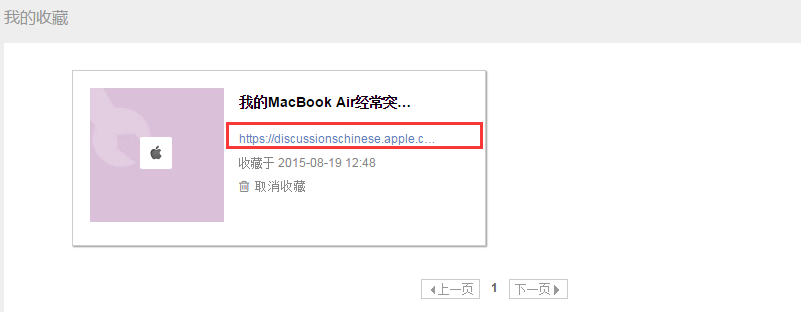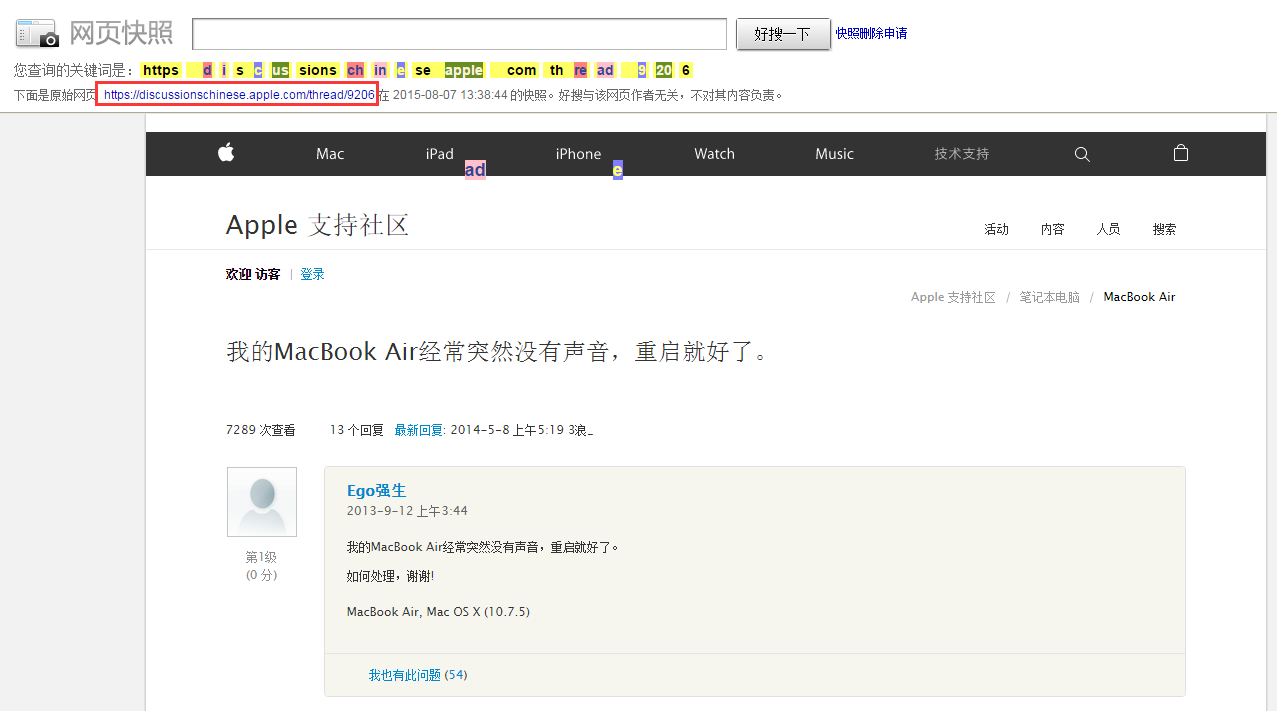When to Implement HTTPS? Now, our Research Suggests
On August 7th 2014, Google officially announced the use of HTTPS protocol as a ranking factor in its algorithm. Search engines don’t often announce ranking factors officially; by doing so Google sent a strong signal to webmasters worldwide that HTTPS implementation, and online security, is a primary concern moving forward.
However, this posed a dilemma for global enterprises targeting the Chinese search market, because Baidu, China’s leading search engine, has long struggled with HTTPS indexation. Do they implement Google best practices across all of their properties, including China? Or do they hold back on full site-wide compatibility until HTTPS indexation is supported in the local search market?
In May 2015, this all changed when Baidu officially announced that it is now able to fully index HTTPS websites. It has been a little over 3 months since the announcement, so we wanted to re-explore how well Chinese search engines currently handle HTTPS indexation and whether, in light of the announcement, webmasters for China properties should start implementing HTTPS.
Baidu: HTTPS is a higher priority
In addition to announcing their ability to index HTTPS pages, Baidu explained that in instances where sites have two versions of a page (HTTP and HTTPS), indexation of the HTTPS version would take higher priority. Mirroring the views of Google, Baidu also expressed that implementing HTTPS protocol offers users more security, and thus is weighted higher as a ranking factor.
While this indicates a push from Baidu to webmasters to implement HTTPS protocol, it is still a little unclear exactly what percentage of the HTTPS pages Baidu is currently able to index. The difference between partial and complete indexation, for example, has a significant impact on whether webmasters see HTTPS implementation as a worthwhile investment.
While it is not instantly visible from the Baidu search results page whether the page indexed is HTTPS or HTTP, we can, nonetheless, gather some insight by either following the link, looking at the hyperlink destination, or bookmarking the URL to better understand which version of a page has been indexed.
Figure 1: Baidu indexes HTTPS page
Figure 2: An HTTPS URL indexed in Baidu
Haosou: HTTP and HTTPS are equal
To date Haosou has never released any official comment on their stance towards HTTPS and HTTP. We did find, however, a forum post by a Haosou Webmaster Tools staff member. The post offers some indication towards Haosou’s official viewpoint. When asked by a user whether Haosou is able to index HTTPS pages, the staff member iterated that “Yes, Haosou treat HTTPS and HTTP equally.”
Given that this is only a single member of staff, and not an official commentary from the company, we can only infer so much. Although, it is interesting to note that the staff member saw no difference between the implementation of HTTPS or HTTP.
Figure 3: Haosou indexes HTTPS
Figure 4: An indexed HTTPS page shown in Haosou Cache
Sogou also indexes HTTPS
Similar to Haosao, Sogou has, to date, not released any official confirmation or denial of either their ability to index HTTPS or a preference for HTTPS as an official ranking signal. In our experience working with clients across various industries we have observed that HTTPS pages can be indexed by Sogou. However, we were unable to observe any underlying preference for HTTPS over HTTP when indexing pages.
Conclusion: HTTPS and Chinese Search Engines
In light of Baidu’s official preference for HTTPS indexation, and Sogou and Haosou offering limited coverage also, we would recommend that now is a good time for companies that were previously holding back due to the China market, to start moving over to full HTTPS implementation.
Sogou and Haosou offer only limited support currently, allowing for the indexation of, but not preference for, HTTPS protocol pages. As we have seen in the past, Chinese search engines have typically followed Google’s lead in implementing major changes. So where Baidu is now taking the lead on HTTPS indexation in the Chinese search market, we might soon expect Haosou and Sogou to follow.







